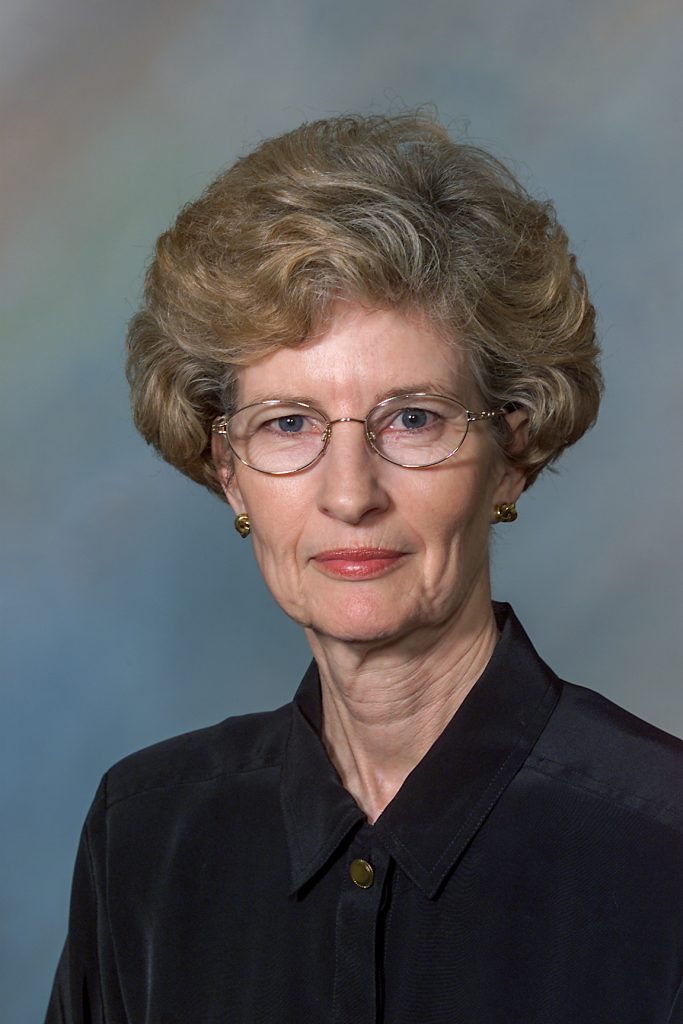J.O. and Mabelee Terry


J.O. Terry’s pioneering work crafting Bible stories for oral learners revolutionized Southern Baptists’ approach to missions.
Southern Baptists were reaching a limited audience.
In 1968, J.O. Terry and his wife, Mabelee, were appointed as missionaries to serve in broadcast media work in the Philippines, an extension of the work J.O. had done in Christian radio in the U.S. In Manila, J.O. produced radio programming in a studio and often traveled to rural areas to conduct film evangelism. He also developed audiocassette programming for rural lay leaders.
After 15 years of successful media production in Manila, J.O. and Mabelee relocated to Singapore for greater access to South Asia. But while Mabelee served as a trusted business manager in the FMB’s Singapore office, J.O. realized his work wasn’t as helpful as he had thought. He learned that the work he was doing couldn’t be reproduced by the people he had come to serve.
Over the next decade, J.O. and some of his FMB colleagues, especially Jim Slack, explored different methods of sharing the gospel with oral learners. The orally-presented Bible stories were well received in many cultures and contexts, and as a result, in 1991, Chronological Bible Storying was adapted for use in South and Southeast Asia. Later the approach spread, and Southern Baptist missionaries throughout the Americas and Africa learned to use storying methods to share the stories from creation to Christ.
J. O.’s pioneering work led him to develop two dozen or more chronologically arranged sets of Bible stories. He also wrote several books about Bible storying in missions. These books and story sets equipped storytellers to tell the stories from both the Old and New Testaments in ways that were easily understood and reproducible among oral learners.
J.O.’s commitment to effective, reproducible communication revolutionized Southern Baptists’ approach to missions and provided a way for many people to hear the truth of the gospel and understand it for the very first time.

